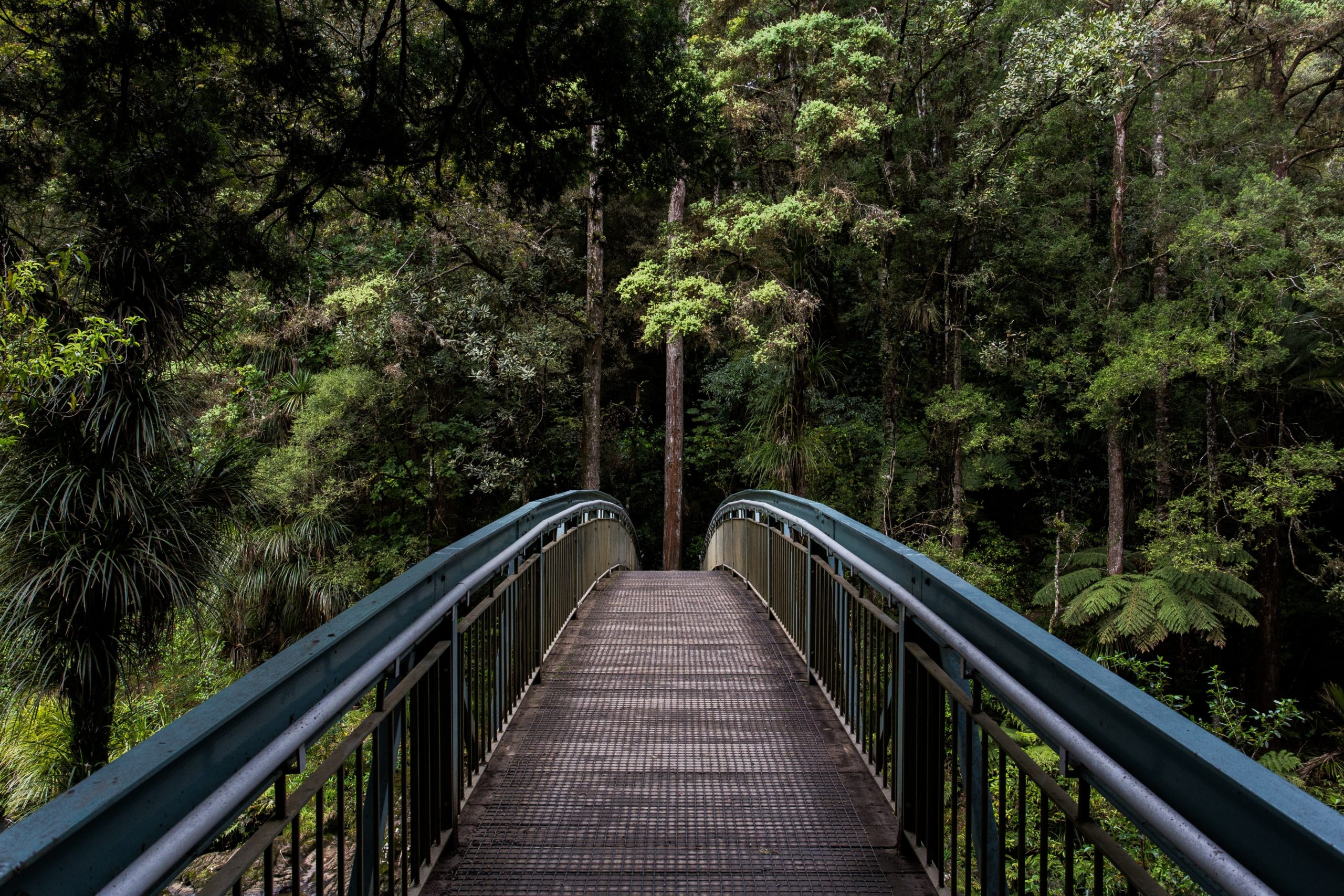NEW PARADIGM
Short Cut Re-Live: Progress – yes, but what is that? with Petra Pinzler and Stefan Kolev
What does human progress within planetary boundaries look like? Petra Pinzler and Stefan Kolev discussed this in our last New Economy Short Cut.
BY
MAREN BUCHHOLTZPUBLISHED
6. SEPTEMBER 2024READING TIME
2 MIN
The German federal government started as a “coalition of progress” in 2021 to lay the foundations for a decade of social, ecological, and economic renewal. What followed, however, is more of a mess. This could also be due to the fact that not everyone has the same idea of what progress means – is it the traditional increase in productivity? Or something entirely different?
We talked about this in our last New Economy Short Cut with Petra Pinzler (Die Zeit), who addresses the question in her recently published book ‘Hat das Zukunft oder kann das weg? Ein Fortschrittskompass’. Together with Stefan Kolev (Ludwig Erhard Forum), she discussed how the state and the market can work together to create a future worth living for generations to come.
For the first time, a coalition at federal level attempted to agree on a concept of progress that would simultaneously reconcile more individual freedom, less social inequality and more climate protection. Despite these ideological differences, the traffic light coalition has actually achieved a lot at a purely working level. According to a Bertelsmann study, the mid-term review of the legislative period is not bad: by the end of 2023, almost 40% of the coalition’s promises had been fulfilled and a further 25% had at least been started. What’s more, in a time of crisis.
So why is trust in politics waning and why are the simple answers of the right-wing populists gaining traction?
Petra Pinzler believes that this is linked to fears about the future – fear of economic decline or of a further escalating climate crisis. The majority of Germans are currently pessimistic about the future of the country. There is also empirical evidence that underprivileged groups often feel unrepresented and unheard by politicians.
She suggests discussing more about the future of the country both in the political arena and in private and challenging our own imagination in the process. ‘Exercising the utopia muscle’ is what she calls this in her new book. In it, she outlines a positive vision of how citizens, politicians and businesses can shape a future worth living within planetary boundaries. More political participation, especially for poorer citizens, could help to restore trust in democracy.
However, the parties are particularly called upon not only to endure the tensions between the concepts of justice and freedom but also to create a new narrative from them. New narratives are urgently needed to allay people’s fears about the future:
‘The transformation has not turned into a good story of fair modernisation,’ Pinzler states in a recent article.
She advises entering into a more open dialogue about future issues away from the politics of the day and party politics. According to Pinzler, a concept of progress in the 21st century must necessarily be related to the planetary boundaries and the well-being of future generations. Thinking about progress is then not just dreaming but applying the economic principle of using scarce resources as sensibly as possible.
Stefan Kolev agreed with some aspects of the policy measures discussed by Pinzler, such as market-based climate protection, but at the same time spoke out in favour of more techno-optimism and argued that the state should not set the direction of innovation, but that individuals are often more efficient in the search for new solutions. In contrast, Petra Pinzler emphasised the urgency of government action in the climate crisis. Due to finite resources and the time issue of global warming, progress is indispensable – therefore it is important to face up to the difficult questions.
